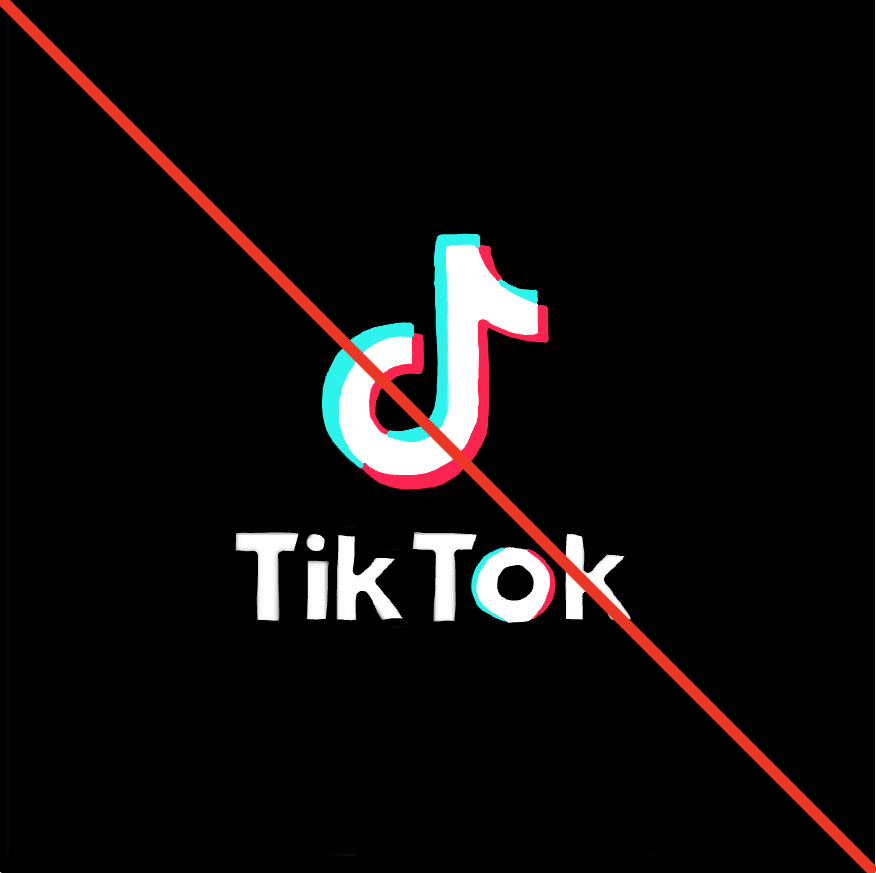Throughout the last four years, the prospect of a potential nationwide Tik Tok ban has haunted its 170 million users across the United States. Tik Tok, the most downloaded mobile app globally, first arose in the United States in October of 2018 as a short-form video app where creators could gain massive followings by simply posting 15 second videos. The app then became hugely popular in 2020 during the COVID-19 pandemic as it served as a creative outlet and means of connection for many Americans. Since then, Tik Tok has become a mechanism for businesses to achieve great success, a full time career for many, and profoundly influenced the cultural and political landscape in our country, especially among youth.
Tik Tok is owned by a Chinese internet technology company known as Bytedance. Ever since its rise to popularity in the United States, there have been many concerns regarding the safety of private user data and the manipulation of content seen by viewers in the app. In April of 2024, president Biden signed a bill that would allow Bytedance 270 days to sell Tik Tok to a government approved parent company, or else its usage would be prohibited in America. This ban is currently set to take effect on January 19, 2025, unless the Supreme Court were to declare it unconstitutional before then. With a national ban being the most likely fate for America’s most used app, many are wondering why such action is taking place.
Lawmakers in the United States have expressed growing concern that the Chinese government uses the information that Tik Tok collects about its users as a form of intellectual crime. The app allows intelligence gathering by foreign operations which poses threats to our nation and its people, property, and interests. Many have also expressed worry about how the app influences young voters and sensationalizes harmful political rhetoric that has exacerbated political divisions in the United States.
The prospective Tik Tok ban has also sparked debates on whether it infringes on Americans’ first amendment rights to freedom of speech and expression. Tik Tok has commonly served as a platform for Americans to unite over political issues over the past few years. Some question whether the app’s probable ban is completely due to the issue of data security, or if it is an attempt by United States lawmakers to inhibit communication between Americans and limit free speech.
From individual influencers to large businesses and charities, Tik Tok has served as an effective advertisement platform and steady source of income. According to the Washington Post, Tik Tok contributed $24.2 billion to the United States GDP in 2023. The Tik Tok ban would greatly disrupt the United States economy and the small businesses that have gained traction on the app.
If the Tik Tok ban does go through, the app will most likely not immediately disappear from its users’ mobile devices. Instead, United States citizens will no longer be able to download Tik Tok from the app store. The app would slowly decline as it would no longer receive updates or support, making users more susceptible to security risks.
With president-elect Trump’s candidacy beginning the day after the scheduled Tik Tok ban, it will be interesting to see whether or not his administration will take any action against it.

















